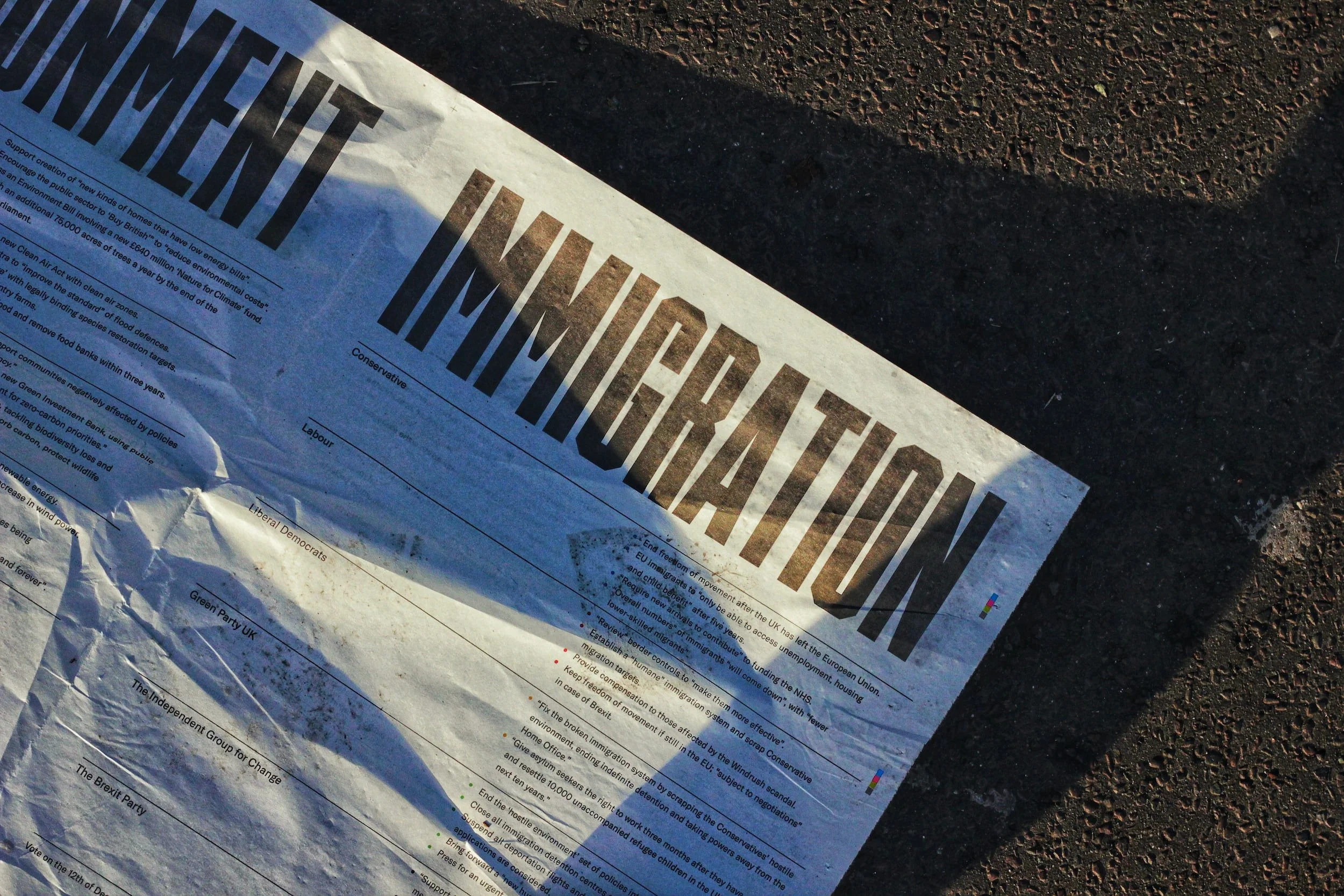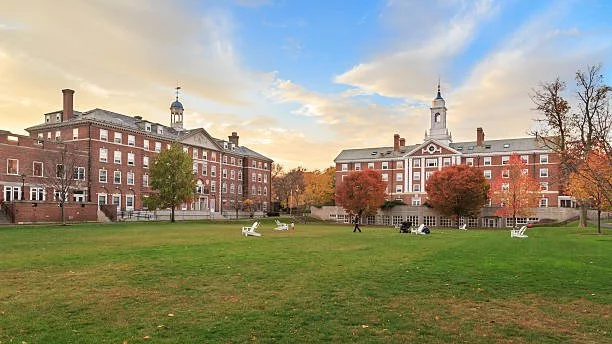The Landback movement, started in 2018, is the fight to return Indigenous Land stolen by European colonizers back to Indigenous people. Legal battles have and continue to take place across the nation—including in Charlestown, Rhode Island. (Image via Wikipedia)
Read MoreThere have been a record amount of anti-LGBTQ+ laws passed recently in the US. This article analyzes Louisiana SB44 as an example of state bans against transgender athletes and situates it in the national context.
Read MoreThe Chevron deference doctrine has defined administrative law for decades. A skeptical Supreme Court is eroding it through inconsistency and neglect.
Read MoreRecent lawsuits over stolen NFTs elicit a reevaluation of digital asset protections: must we create legal protections specifically for NFTs? (Image via The New Yorker)
Read MoreMoore vs. Harper, which will be argued in front of the Supreme Court in December, centers around the once-fringe independent state legislature theory, a radical legal doctrine that could entirely overturn how elections in America operate. Independent state legislature theory regards an alternative reading of the Constitution that would grant unchecked authority over federal elections to state legislatures, with potential monumental implications for election laws and redistricting. (Image via Pixabay)
Read MoreThe Moore v Harper Supreme Court case which is set to be argued following the 2022 Midterm elections will have serious implications for the future of redistricting. Will the country continue to use our current system of checks and balances in the way voting is administered? (Image via iStock Photos)
Read MoreThis article overviews Elon Musk’s acquisition of Twitter and presents the legal arguments that would arise if he backed out of his original Twitter deal. (Image via NY Times)
Read MoreThe overturning of Roe in the controversial Dobbs opinion sparked outrage and calls to reform the Supreme Court as an institution. Dobbs reduces the right to female autonomy and reproductive freedom—and an emboldened conservatism in the Supreme Court has thrown into question the future of privacy protections in Loving and Obergefell.
Read MoreIn early November, the Supreme Court will hear Haaland v. Brackeen. The case stands to determine whether the Indian Child Welfare Act of 1978 (ICWA) discriminates on the basis of race, thereby violating the United States Constitution, and if its federal regulation over child placement unjustly commandeers state powers? Given the historical context of the ICWA, the case’s outcome will drastically impact the future of tribal sovereignty.
Read MoreAfter a summer SCOTUS ruling about the Trump-era “Remain in Mexico” policy, the Biden administration faces difficult questions regarding the future of Central American immigration.
Read MoreWith public health law being applied to cases ranging from vaccination mandates to regulating greenhouse gases, legal critics are skeptical of the field’s legitimate scope and the current Supreme Court has aggressively diminished the applicability of public health litigation.
Read MoreThe Supreme Court has two huge affirmative action cases this term. The implications of their decision will rock college admissions for years to come. (Image via iStock Photos)
Read MoreWith the Supreme Court’s decision in including sexual orientation among sex-based discrimination, courts must review their standards for what entities qualify for employer religious exemption.
(Image via Texas Monthly)
Read MoreIn a pointed solo opinion in Ziglar v. Abbasi (2017), Justice Clarence Thomas urged the Supreme Court, “[i]n an appropriate case,” to “reconsider [its] qualified immunity jurisprudence.” Justice Thomas argued that the Court’s qualified immunity jurisprudence “represent[s] precisely the sort of ‘free-wheeling policy choice[s]’” that are not within the providence of courts’ authority. This brief article critiques Mullenix v. Luna (2015) in order to elucidate the aforementioned concerns.
Read MoreThe lack of regulations concerning imports and exports to and from freeports detrimentally affects the global art market by allowing wealthy collectors to exploit these tax havens.
Read MoreMental health is an increasingly serious issue on college campuses. One senator is spearheading the charge to address it, but more must be done.
Read MoreThe recent controversial approval of the “Don’t Say Gay” legislation by Florida Governor Ron DeSantis has prompted leaders like President Joe Biden and LGBTQ+ advocacy efforts to question the law’s constitutionality given Supreme Court precedent on LGBTQ+ rights. This article analyzes its legislative framework and implications for the nation’s educational institutions.
(Image via Tampa Bay Times/AP)
Read MoreAs advancements in technology have permitted far more frequent and impactful interactions between nations and outer space, the necessity of modernizing one of the only pieces of legislation monitoring state behavior has become increasingly apparent.
Read More
















